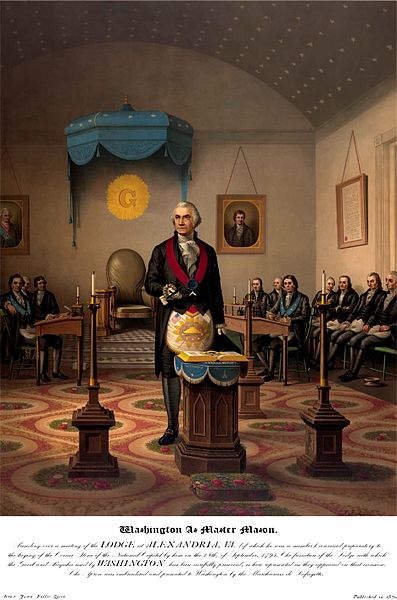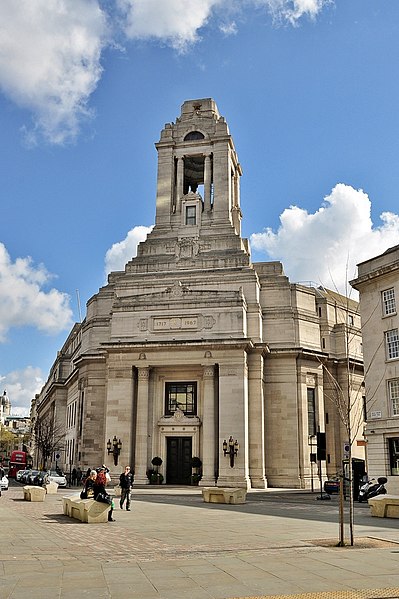A Masonic lodge, often termed a private lodge or constituent lodge, is the basic organisational unit of Freemasonry. It is also commonly used as a term for a building in which such a unit meets. Every new lodge must be warranted or chartered by a Grand Lodge, but is subject to its direction only in enforcing the published constitution of the jurisdiction. By exception the three surviving lodges that formed the world's first known grand lodge in London have the unique privilege to operate as time immemorial, i.e., without such warrant; only one other lodge operates without a warrant – the Grand Stewards' Lodge in London, although it is not also entitled to the "time immemorial" title. A Freemason is generally entitled to visit any lodge in any jurisdiction in amity with his own. In some jurisdictions this privilege is restricted to Master Masons. He is first usually required to check, and certify, the regularity of the relationship of the Lodge – and be able to satisfy that Lodge of his regularity of membership. Freemasons gather together as a Lodge to work the three basic Degrees of Entered Apprentice, Fellowcraft, and Master Mason.

Masonic lodge in the City of Brussels, Belgium
Villa Blye in Paola, Malta, is a Masonic Temple where lodges of British and Irish Freemasons meet
Masonic lodge room in the Austrian Museum of Freemasonry, Schloss Rosenau, Austria
Masonic lodge room in Dublin, Ireland
Freemasonry or Masonry refers to fraternal organisations that trace their origins to the local guilds of stonemasons that, from the end of the 14th century, regulated the qualifications of stonemasons and their interaction with authorities and clients. Many Freemasons trace the roots of the craft further back in history, accepting the Knights Templar as the conduit between the ancient mysteries and the beginnings of operative and speculative Freemasonry. see: “The Way of the Templar” by Masonic historian, 33° Timothy Hogan. Modern Freemasonry broadly consists of two main recognition groups: Regular Freemasonry, which insists that a volume of scripture be open in a working lodge, that every member professes belief in a Supreme Being, that no women be admitted, and that the discussion of religion and politics do not take place within the lodge; and Continental Freemasonry, which consists of the jurisdictions that have removed some, or all, of these restrictions.

Lodge in Palazzo Roffia, Florence, set out for French (Moderns) ritual
Print from 1870 portraying George Washington as Master of his Lodge
Freemasons Hall, London, home of the United Grand Lodge of England
Freemasons' Hall, London, c. 1809








